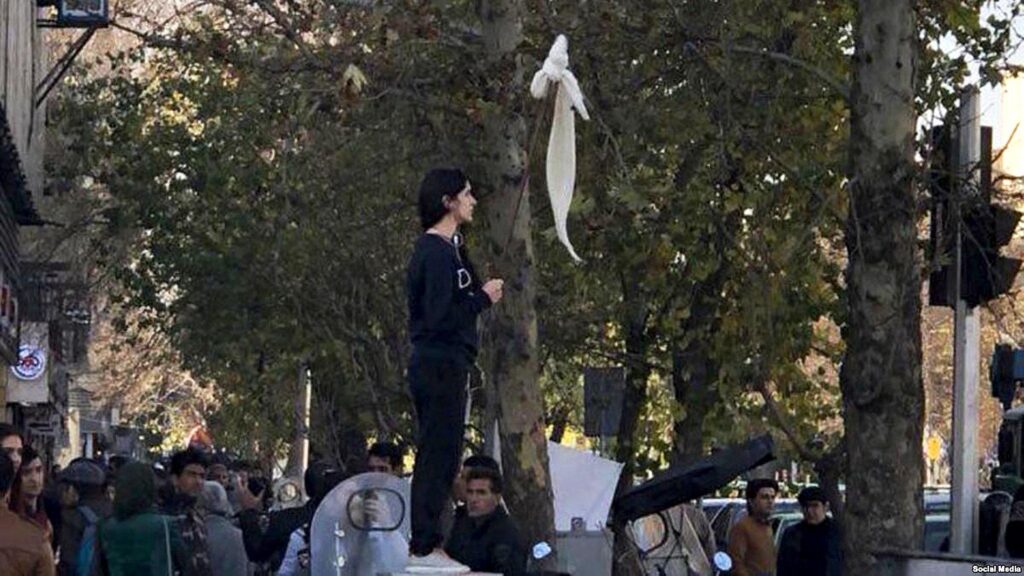In the shadowy streets of Afghanistan, where every strand of hair and moment of prayer is scrutinized, the Taliban’s moral guardians prowl with an eagle-eyed vigilance that transforms personal choice into a potential crime. A recent United Nations report unveils a chilling landscape where men’s hairstyles and spiritual practices are not mere personal expressions, but calculated risks that could lead to detention, highlighting the regime’s relentless grip on individual freedom and social conformity. In the shadows of Afghanistan’s turbulent landscape, strict interpretations of religious doctrine continue to shape daily life under Taliban rule. Recent reports from the United Nations shed light on escalating enforcement of moral codes that target personal appearance and religious observance, revealing a pervasive system of social control.
Men across various provinces find themselves vulnerable to sudden detention by morality police for seemingly innocuous choices. A haircut deemed too Western or a missed congregational prayer can trigger immediate intervention, with consequences ranging from public humiliation to potential detention.
Witnesses describe sporadic confrontations where young men are stopped and scrutinized for their physical presentation. Hairstyles perceived as foreign or influenced by global fashion trends become grounds for immediate questioning and potential punishment. The enforcers, often young and armed, patrol streets with an uncompromising mandate to maintain what they consider appropriate Islamic appearance.
Religious attendance has become more than a personal spiritual practice—it’s now a mandatory social requirement. Mosques track attendance, and individuals who fail to show up regularly face potential repercussions.Local community leaders and religious officials collaborate in monitoring participation, creating a complex surveillance network that extends beyond official governmental structures.
The implementation of these regulations varies across different regions, with rural areas often experiencing more stringent enforcement compared to urban centers.Local Taliban commanders interpret guidelines with significant discretionary power, leading to inconsistent and sometimes arbitrary applications of moral codes.
International human rights organizations continue to express concern about these practices, arguing that such restrictions fundamentally undermine personal freedoms and individual expression. The systematic policing of personal appearance and religious behavior represents a broader pattern of social control that extends deep into private lives.
Economic challenges and ongoing political instability further complicate these dynamics, creating an environment where compliance becomes a survival strategy for many Afghan men. The fear of potential confrontation with morality enforcers permeates daily interactions, shaping social behaviors and personal choices.
Despite international criticism, Taliban leadership remains resolute in defending these practices as essential interpretations of religious principles. They argue that such regulations preserve cultural integrity and protect societal moral standards, positioning their approach as a defense against perceived external influences.
As Afghanistan navigates these complex social terrains, the lives of ordinary citizens continue to be profoundly impacted by increasingly restrictive interpretations of religious and cultural norms.



